What is Section 80CCC?
Section 80CCC of the Income Tax Act, 1961 provides for a income tax deduction against the payment made to obtain a new pension policy or renew an existing pension policy. A taxpayer can claim a deduction of up to Rs 1.5 lakhs. Any income arising from such a pension policy is taxable in the hands of the taxpayer.
Section 80CCC- Tax Deduction Against Annuity/ Plan
A taxpayer can claim a tax deduction if:
- Such a taxpayer has paid or deposited any amount out of his taxable income
- To obtain a new or renew an existing annuity plan of Life Insurance Corporation of India or any other insurer. Such a plan is meant to provide a regular pension.
- The taxpayer can claim a tax deduction against such a deposit during the financial year at the time of filing the income tax return.
Eligibility To Claim Deduction Under Section 80CCC Deduction
- An individual taxpayer who has subscribed to an annuity plan that is provided by an approved insurance provider.
- A resident, as well as a non resident individual taxpayer, can claim the deduction
- A Hindu Undivided Family cannot claim the deduction against any amount deposited under the annuity plan.
Tax Deduction Limit Under Section 80CCC
A taxpayer can claim a tax deduction under section 80CCC of the Income Tax Act, 1961 of up to Rs 1.5 lakhs. However, section 80CCC is read with section 80C and section 80CCD(1). Hence, in total, a taxpayer can claim a deduction of Rs 1.5 lakhs against the section 80C investments, section 80CCC annuity plan, and section 80CCD(1) NPS.
Things To Remember While Claiming a Tax Deduction
- The taxpayer can claim a deduction of the entire amount paid or deposited towards a pension annuity plan. However, such an amount does not include any interest or bonus accrued or credited to the assessee’s account.
- If the taxpayer receives any pension received from the annuity plan against which he/ she has claimed a deduction in the previous years then such pension will be taxable as an income in the financial year in which it is received.
- If the taxpayer receives an amount on account of the surrender of the annuity plan against which he/ she has claimed a deduction in the previous years then such pension will be taxable as an income in the financial year in which it is received. Such a surrender of the annuity plan could be whole or in parts.
- For example- Mr. Arun claims Rs 3,00,000 under section 80CCC in the past 5 financial years. In the 6th year, he surrenders his annuity plan. On account of the surrender, he received Rs 4,00,000 including interest and bonus. Hence, the entire Rs 4,00,000 will be a taxable income in the hands of the recipient during the 6th financial year.
- If an assessee claims the deposit amount against an annuity plan under section 80CCC then he/ she cannot claim the same amount against the same annuity plan in the same year again under section 80C.
- The amount of deposit must be paid out of their taxable income.
- If the taxpayer receives interest or a bonus then such amount will be taxable in the hands of the receiver. Such an amount will not be eligible for a tax deduction.
- A rebate with reference to such amount shall not be allowed under section 88 for any assessment year ending before the 1st day of April 2006
Frequently Asked Questions
No, section 80C and section 80CCC are not the same. Section 80C provides for tax deductions against the specific investments, and expenses like PPF, tuition fee, tax-saving FD, etc Other the other hand, section 80CCC provides for a tax deduction against any amount paid to purchase or renew an annuity plan provided by an approved insurance company. Hence, the major difference is the type of investment against which the deduction is available. Both section 80C and section 80CCC provide for a tax deduction of up to Rs 1.5 lakhs. However, the total deduction combining section 80C, section 80CCC, and section 80CCD(1) cannot exceed Rs 1.5 lakhs.
No, the NPS national pension scheme is not covered under section 80CCC of the Income Tax Act, 1961. Section 80CCD covers the tax deduction against investment in a national pension scheme.
A pension fund covered under section 80CCC is an annuity plan that provides pension or retirement benefits to the taxpayer or the nominee. The plan must be taken from an approved insurance provider.
No, a HUF cannot take the tax exemption under section 80CCC. The tax exemption is available to an individual taxpayer only.
No, you cannot claim a tax exemption for an insurance plan that is not related to a pension plan at all. The objective of the insurance plan must be to provide a regular income to the taxpayer after his/ her retirement.
Explore: Section 80P











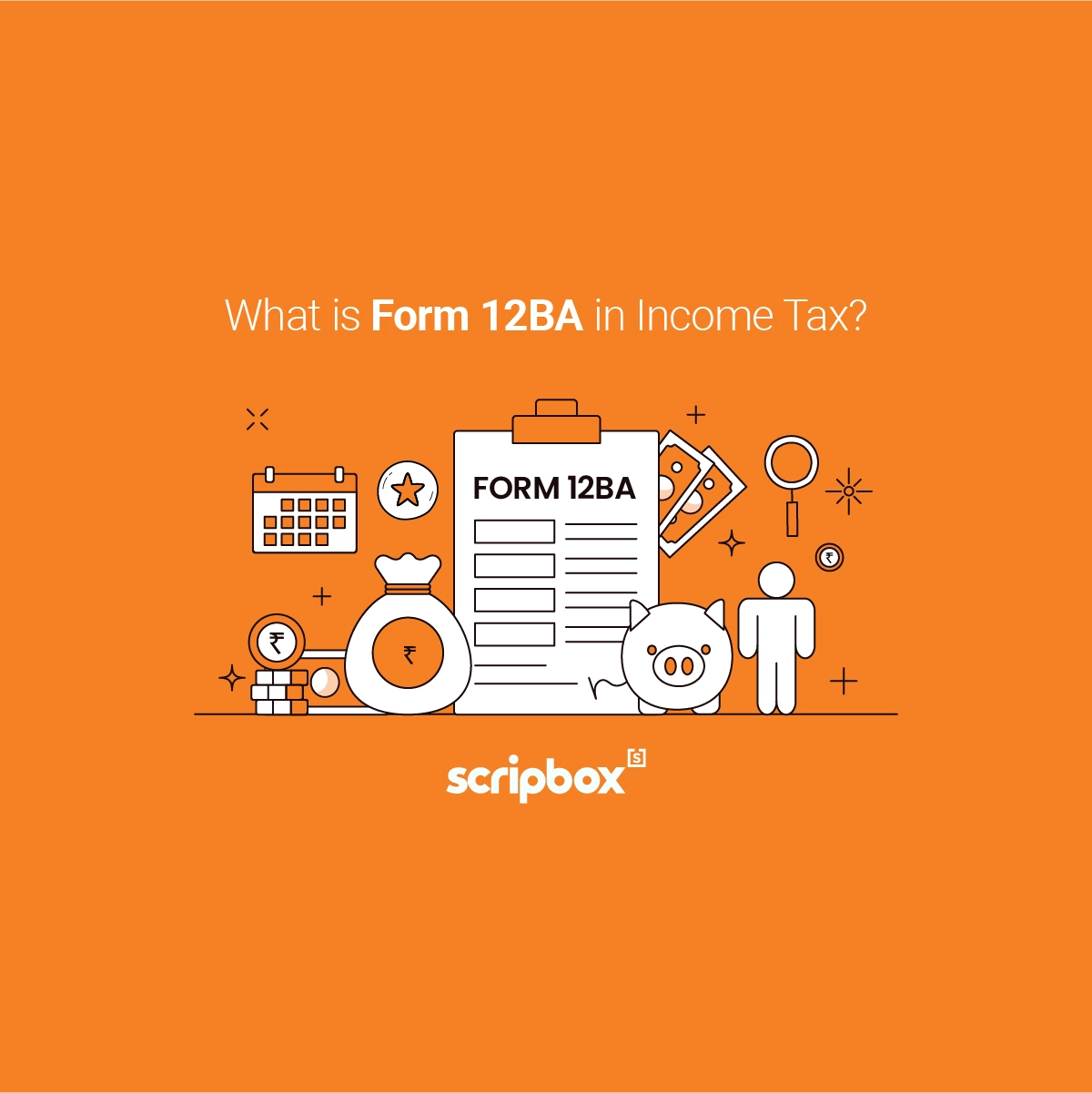
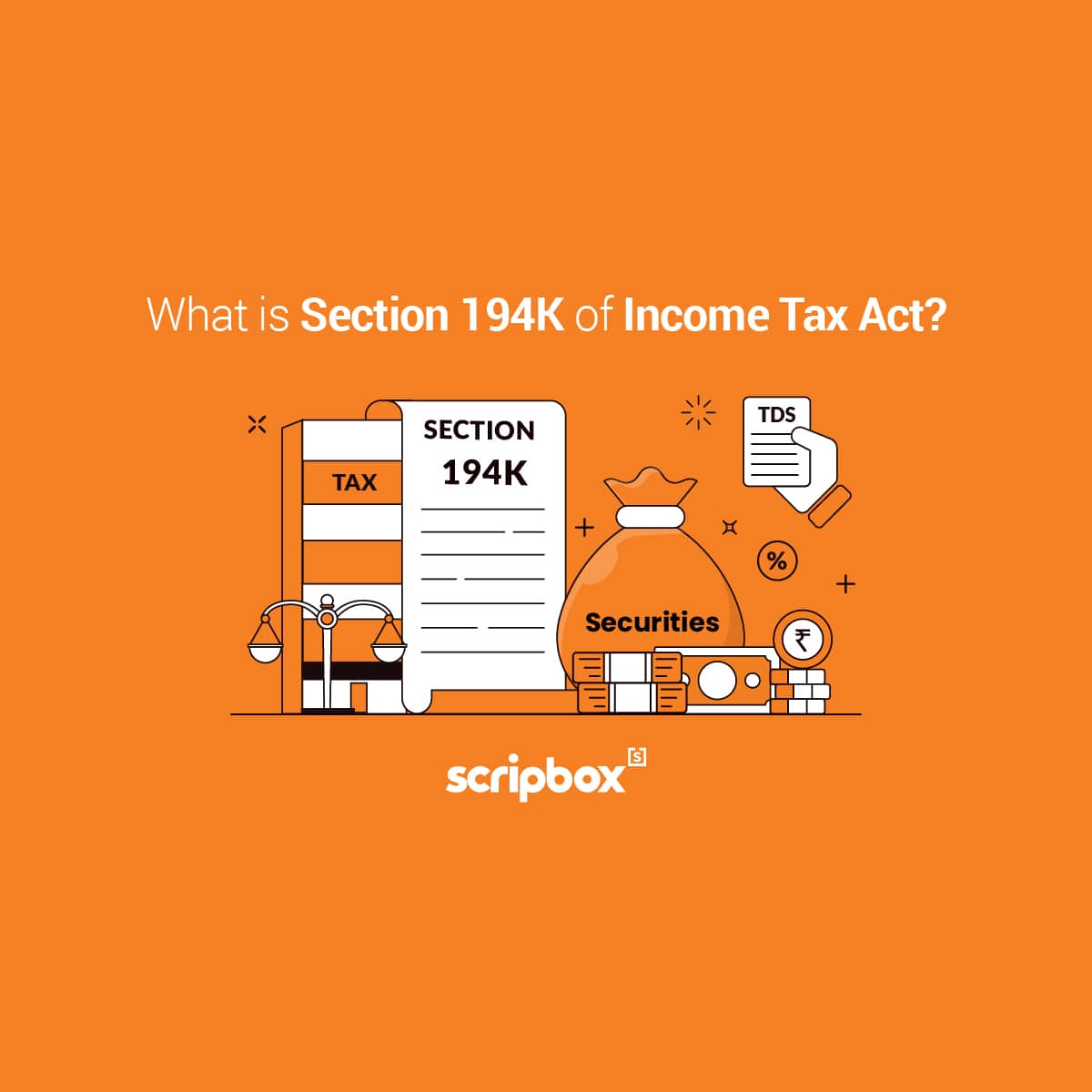
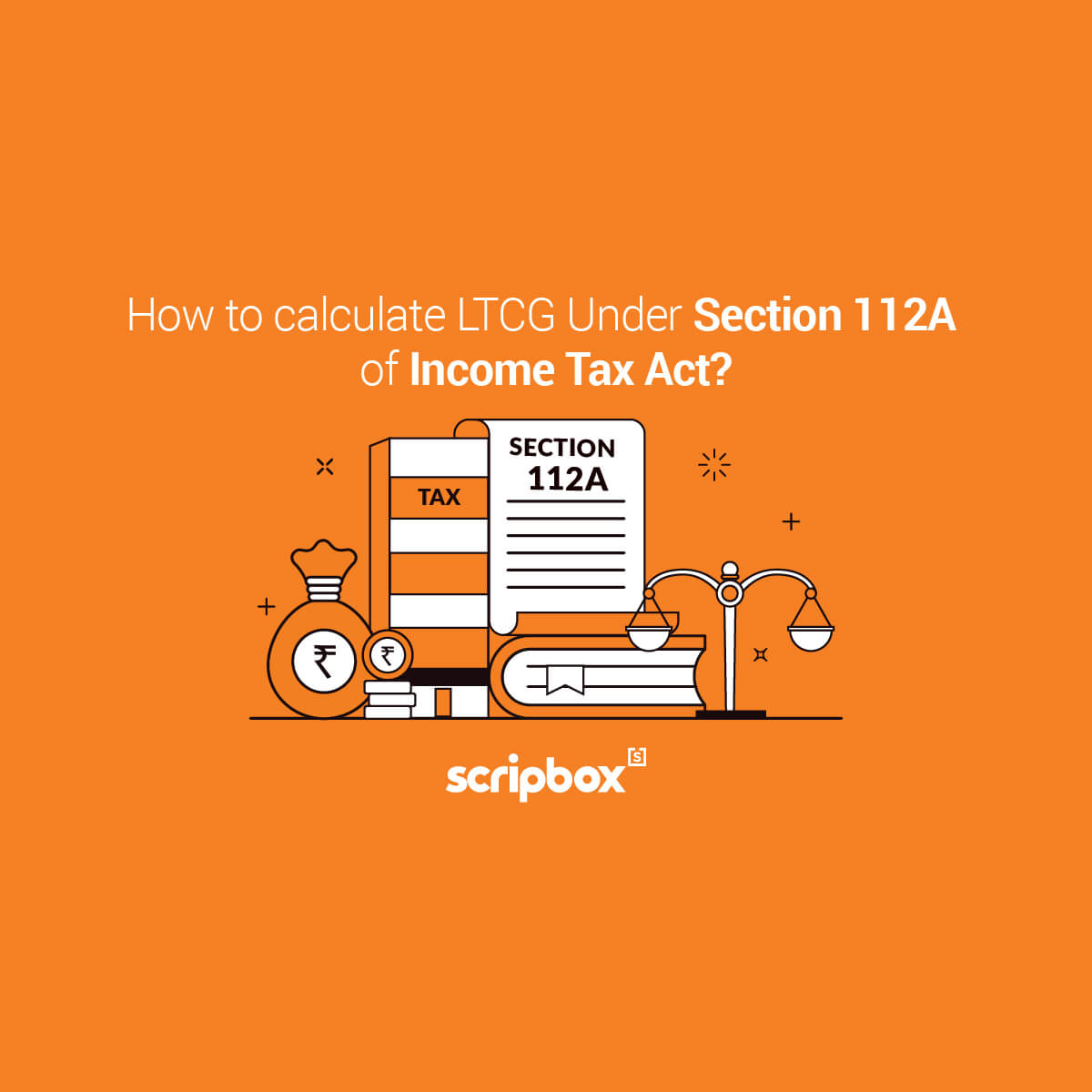
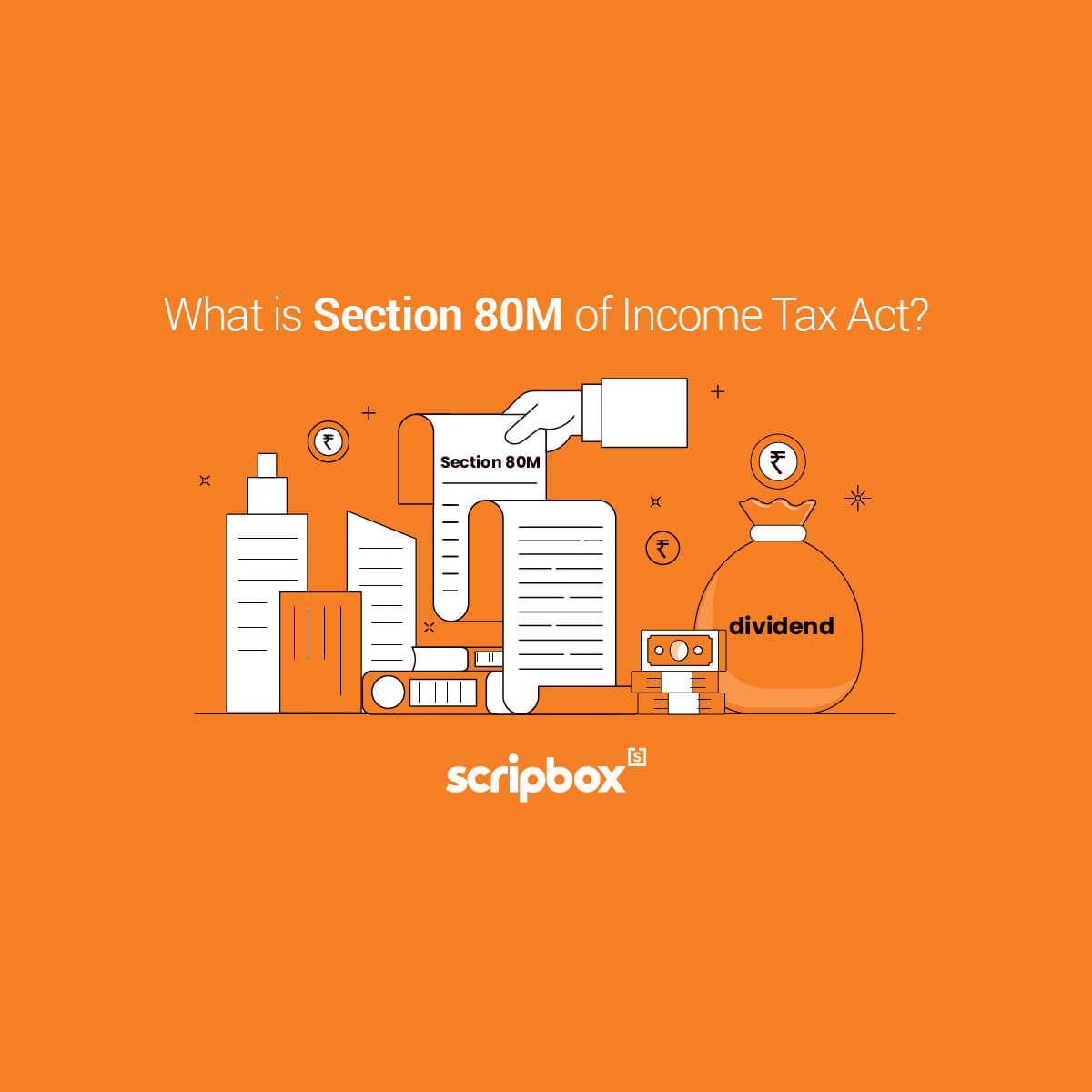
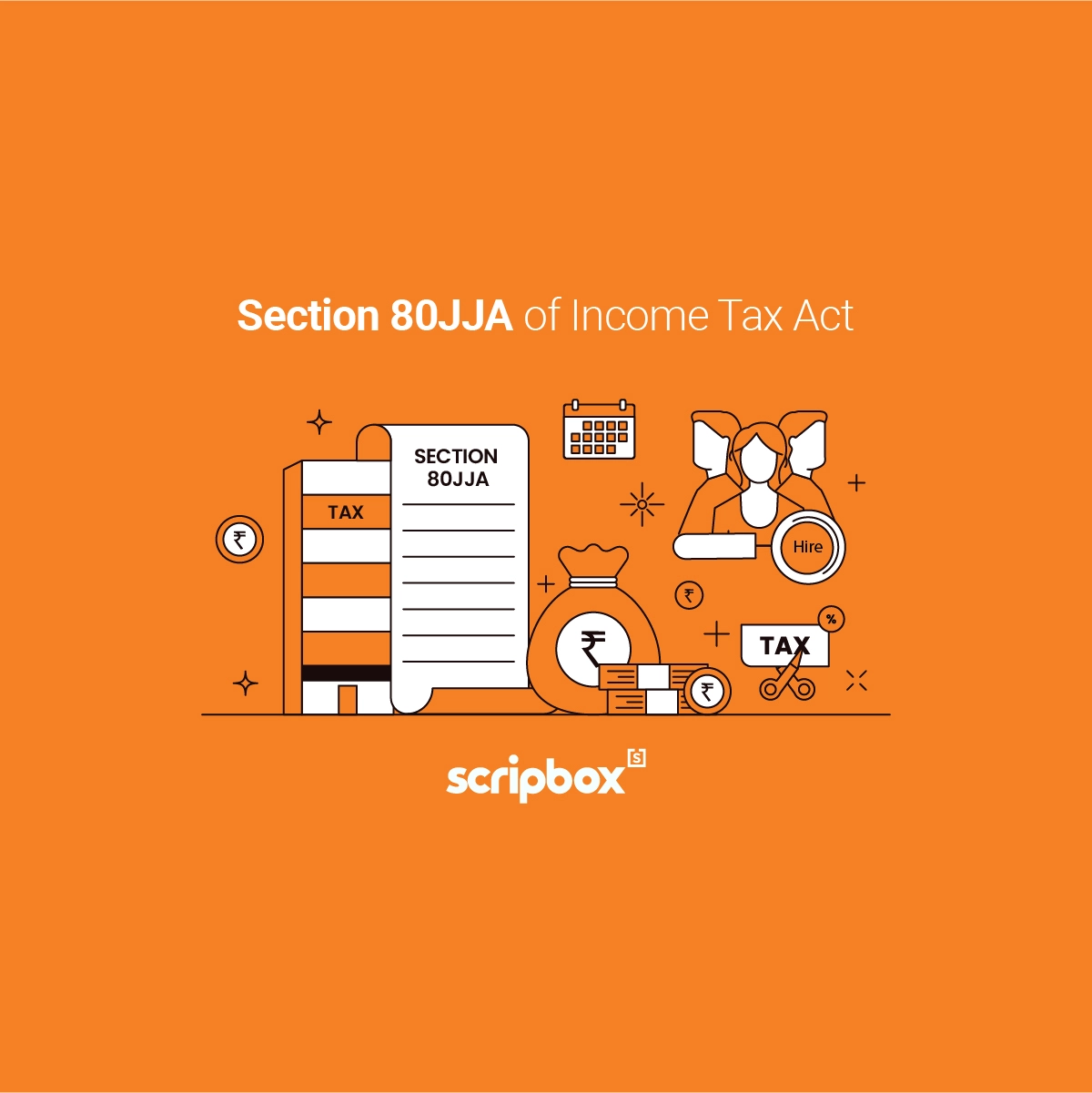
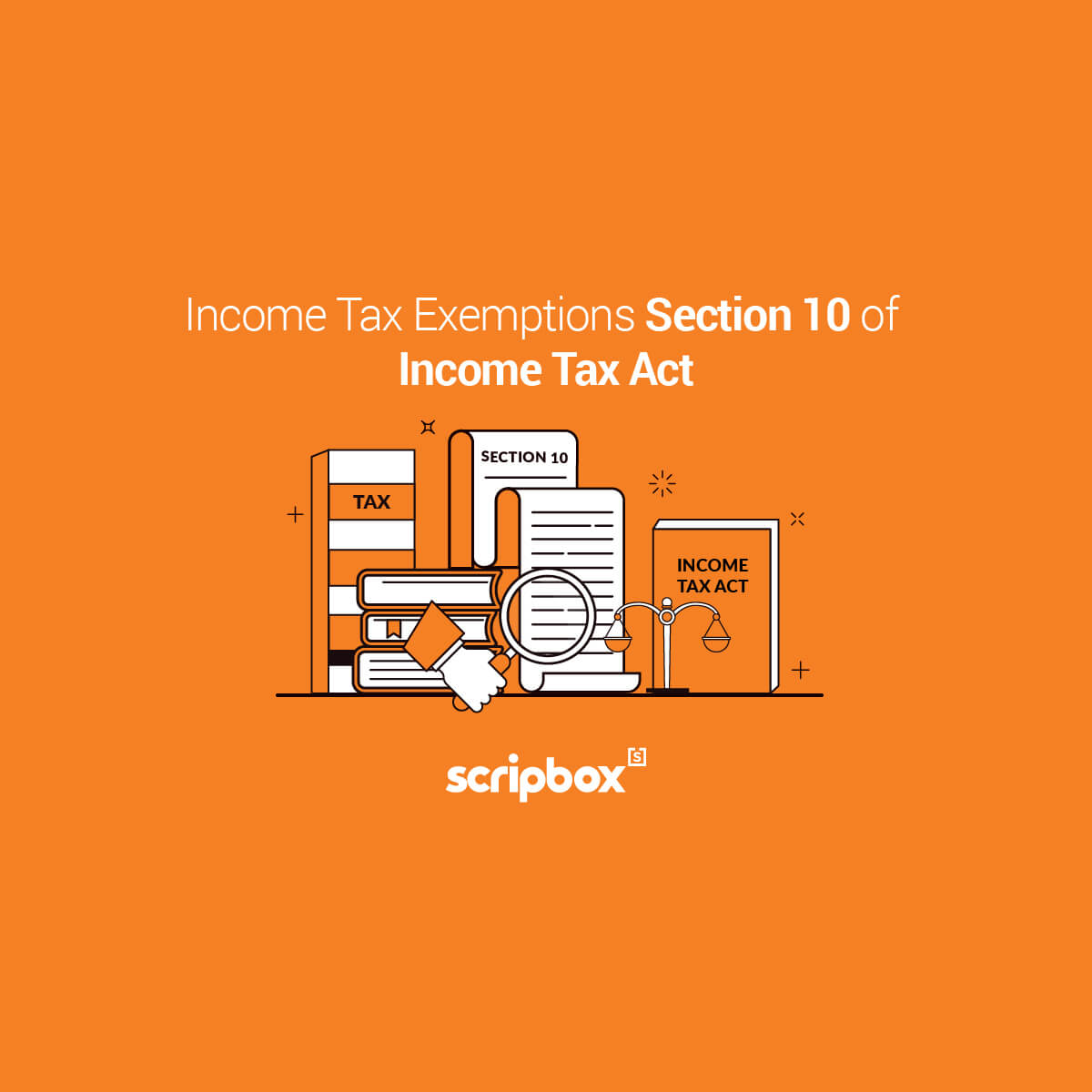






Show comments